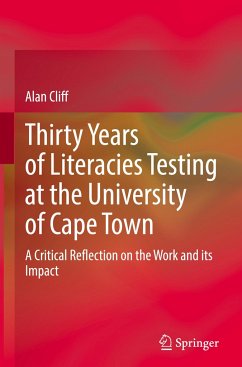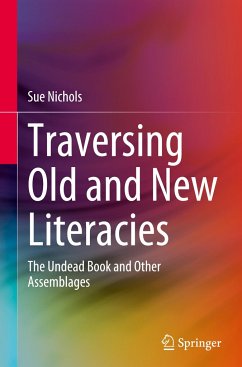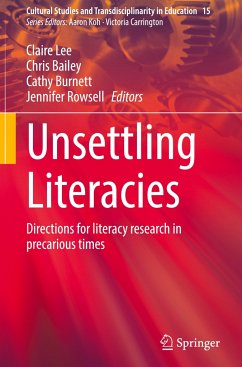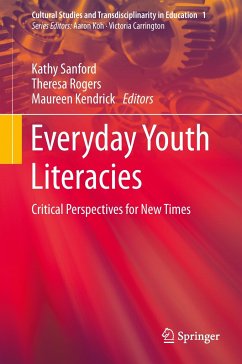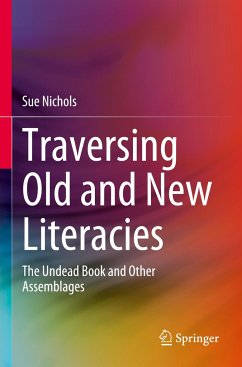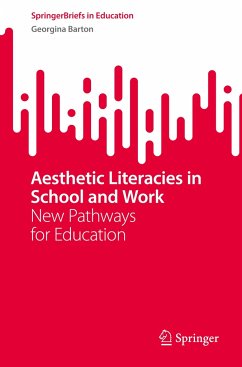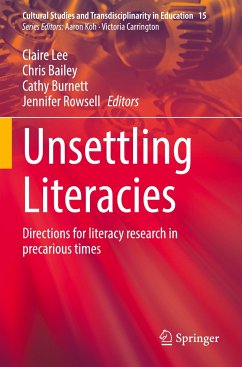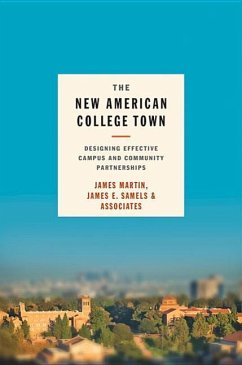
Thirty Years of Literacies Testing at the University of Cape Town
A Critical Reflection on the Work and its Impact
Versandkostenfrei!
Versandfertig in 6-10 Tagen
106,99 €
inkl. MwSt.
Weitere Ausgaben:

PAYBACK Punkte
53 °P sammeln!
This book delves into extensive research regarding the identification and characterization of academic literacies constructs, encompassing academic literacy, quantitative literacy, mathematics comprehension, and reasoning skills, with a specific focus on their relevance within South African educational contexts. The volume provides an in-depth exploration of the research behind the design and creation of assessments aimed at gauging these crucial literacies. It also delves into theoretical aspects of developmental work while shedding light on historical and contemporary inequalities in the Sou...
This book delves into extensive research regarding the identification and characterization of academic literacies constructs, encompassing academic literacy, quantitative literacy, mathematics comprehension, and reasoning skills, with a specific focus on their relevance within South African educational contexts. The volume provides an in-depth exploration of the research behind the design and creation of assessments aimed at gauging these crucial literacies. It also delves into theoretical aspects of developmental work while shedding light on historical and contemporary inequalities in the South African educational landscape.
Emphasising the practical implications of this research, the book underscores the pivotal role that assessing academic literacies can play in the equitable selection of students, particularly those hailing from educationally disadvantaged backgrounds. Additionally, it highlights how such assessments can inform higher education responsiveness, curriculum development, programme implementation, and the provision of support services for students, ultimately aiding in informed student placement decisions.
Emphasising the practical implications of this research, the book underscores the pivotal role that assessing academic literacies can play in the equitable selection of students, particularly those hailing from educationally disadvantaged backgrounds. Additionally, it highlights how such assessments can inform higher education responsiveness, curriculum development, programme implementation, and the provision of support services for students, ultimately aiding in informed student placement decisions.



